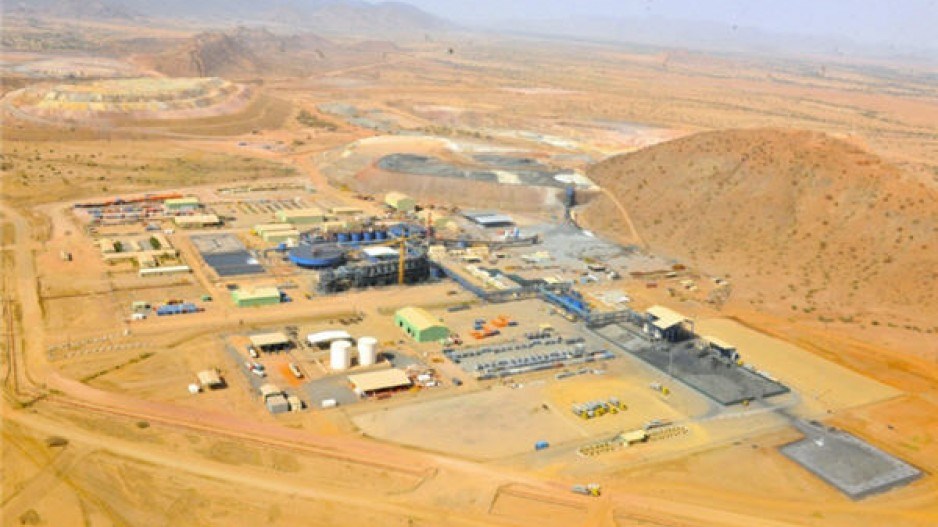A claim of human rights abuse against Nevsun Resources, which was acquired by Zijin Mining Corp., by three former Eritrean miners can go forward in the Canadian courts, even though it is the dissenting view of some Supreme Court of Canada judges that the claim is “bound to fail.”
The Supreme Court of Canada has rejected an appeal by Nevsun, which argued that Canadian courts do not or should not have jurisdiction over alleged actions that occur outside of Canada.
In other cases against Canadian mining companies operating outside of Canada, lower courts have determined that claims against Canadian companies should be tried in the countries where the alleged crimes or abuses occurred, if there is a functional court system and a likelihood of a fair trial.
But Eritrea has been described as a “rogue state” with no real functioning civil government, constitution or reliable court system.
Given the uncertainty over the claimants receiving a fair trial, Canadian courts have ruled in favour of the Eritreans being allowed to sue Nevsun in Canada.
The claims against Nevsun are that it was complicit in human rights abuses, including”slave labour” at its Bisha mine. The Eritrean government has used military conscription to force people to work for mining companies under deplorable conditions.The use of conscripted labour in Eritrea’s mining sector was first reported by Human Rights Watch in 2013.
Three Eritreans who say they were forced to work for Nevsun’s mine in Eritrea says they were subjected to “violent, cruel, inhuman and degrading treatment” by the mine’s contractor, the state-owned Segen Construction.
In 2016, the BC Supreme Court rejected Nevsun’s request for a lawsuit against the company to be dismissed. The company appealed, but the BC Court of Appeal upheld the lower court ruling.
Nevsun appealed again, and now the highest court in Canada has upheld both lower court rulings, which means the suit against Nevsun can go forward. Dissenting judges write that they believe the plaintiffs have little hope of winning their case in a civil trial, saying their claims are "bound to fail," since it would require proving Eritrea has violated international law.
But they can at least try to prove their case in Canada. The ruling allows the three Eritreans to launch a civil claim against the company in Canada.
“The question of whether the plaintiffs may sue Nevsun for breach of customary international law has not been finally decided, and will be determined by the trial judge,” Nevsun said in a news release.
“Nevsun now expects that a trial of the plaintiffs’ claims and those of other similar claimants will proceed in the Supreme Court of British Columbia in September 2021.
“Nevsun denies the allegations made by all of the plaintiffs and intends to vigorously defend itself in court.”




